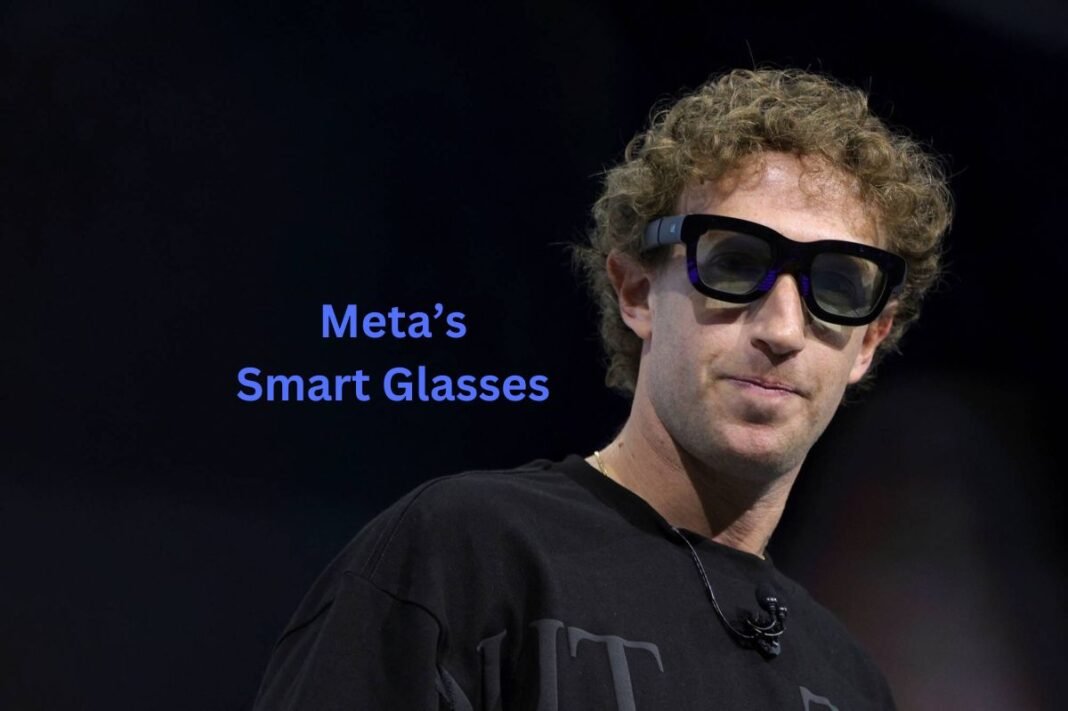Two Harvard students have created a demo that shows how meta’s smart glasses can use facial recognition to instantly reveal people’s identities, phone numbers, and addresses. What’s most disturbing is that the demo uses readily available technology, including Ray-Ban Meta smart glasses and public databases.
AnhPhu Nguyen, one of the students, shared a video of the technology in action, which was later featured by 404 Media. Named I-XRAY, the system leverages the Meta smart glasses’ ability to livestream video to Instagram. A computer program tracks the stream and uses AI to recognize faces. The system matches these images against public databases to retrieve names, addresses, phone numbers, and even details about relatives. The results are sent back through a phone app.
Unveiling the Power of I-XRAY: A Glimpse Into the Future of Facial Recognition
In the demo, Nguyen and Caine Ardayfio, the students behind the project, use the smart glasses to identify classmates, revealing their addresses and relatives’ names in real time. Even more unsettling, they approach strangers on public transit, striking up conversations based on personal information the tech provides. Facial recognition has been disturbingly accurate for years, and I-XRAY simply combines several existing technologies. One key component is PimEyes, which The New York Times described in 2022 as an “alarmingly accurate” facial search engine anyone can access.
Concerns about facial recognition surged after Clearview AI began helping law enforcement with this tech. What sets Nguyen and Ardayfio’s demo apart is how they pair this powerful software with a discreet, consumer-friendly gadget like Meta’s smart glasses.
“The purpose of building this tool is not for misuse, and we are not releasing it,” Nguyen and Ardayfio clarify in a project document. Instead, their goal is to raise awareness that this isn’t some distant, dystopian future—it’s already possible today with available technology. They also highlight how I-XRAY stands out by using large language models (LLMs) to automatically connect names and faces from massive data sources.
Smart Glasses and Privacy: Navigating the Risks of Modern Technology
Smart glasses have always raised privacy concerns. Public backlash over being recorded without consent partly caused Google Glass to struggle. However, in the decade since, people have become more accustomed to constant filming, thanks to smartphones, vloggers, and TikTok. What’s concerning about today’s smart glasses is that they blend in far more than Google Glass ever did.
The Ray-Ban Meta glasses used in this demo look just like standard Ray-Bans. While this design drives adoption, it also makes it harder for people to realize someone is filming them. Though the Meta glasses have a privacy light that turns on during video recording, our testing revealed the light is difficult to see outdoors, especially in bright settings. People in crowded spaces often don’t notice they’re being recorded. Meta’s privacy policy advises users to respect others’ preferences and clearly gesture or use voice commands when filming, livestreaming, or taking photos. However, it’s clear not everyone will follow these guidelines.
Meta spokesperson Dave Arnold, in response to inquiries, reiterated these privacy policies but didn’t address the real-world challenges. This raises concerns about the potential misuse of smart glasses, even as there are ways to protect yourself. Nguyen and Ardayfio suggest opting out of reverse face search and people search databases. However, fully deleting your online presence remains nearly impossible—you can only limit access to your personal information.
Also Read About –
8 Industries That Could Disappear in the Next Decade Due of AI


